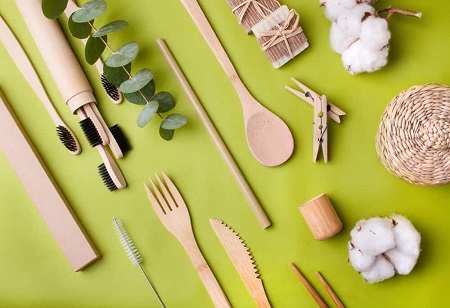The
bamboo products market is anticipated to reach USD 12.4 billion by 2032. Growing investments in infrastructural developments are making manufacturers adopt sustainable building and construction resources and this, in turn, is bolstering sales of bamboo products. Increasing awareness among consumers about the merits of bamboo is set to surge the demand for bamboo products.
Bamboo cultivation prevents soil erosion, enables carbon fixation, and purifies the environment therefore it is considered to be a sustainable resource. Hence, stringent regulations related to carbon emissions as well as practices that pollute the environment are anticipated to bolster sales of bamboo products during the forecast period.
Replacement for timber products
Bamboo products are evolving as a replacement for timber products as they are affordable, and easier to harvest and transport from one location to another. Besides, they are highly durable and water-resistant and this, in turn, bolsters their applications in handicraft products & furniture.
“With the world moving towards the
eco-friendly yet cost-effective mode of living, the furniture industry is also not holding back. Since the last decade, a lot of modernizations have happened in the market related to the wood and furniture industry,” says Neeraj Mutha, Director, Mutha Industries.
Bamboo is also used in manufacturing commercial flooring, household items, mats, woven products, and many others. Hence, growing applications of bamboo products in the commercial, as well as residential sectors, are anticipated to fuel the market in the near future. Also, technical advancements in the standardization & processing of bamboo products are major factors driving their applications in paper & pulp, composite boards, and floorings.
Advancement of eco-movement
Bamboo plants are not just admirable but they are also hardy, prolific, and strong. In recent days, bamboos have gained immense popularity owing to the advancement of eco-movement. Owing to their unique properties, bamboo plants are becoming an ideal replacement for various other types of wood that are not sustainable. Some of the most common products manufactured using bamboo include bamboo toothbrushes, bamboo cutting boards and plates, bamboo utensils,
